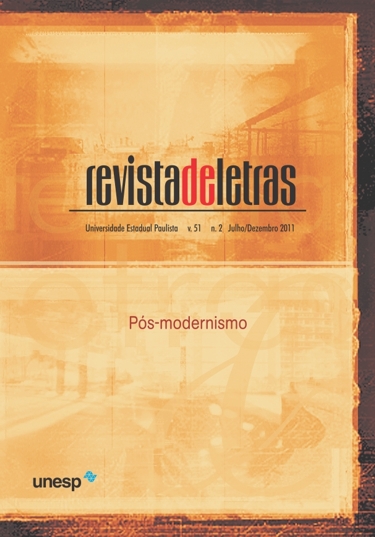The revenant
Keywords:
Postmodernism, Postmodernity, Late capitalism,Abstract
Despite constant announcements of its death, postmodernism will not be finally laid to rest until we pass beyond late capitalism. Postmodernism is best understood in the plural, as comprising all the various and competing discursive and artistic responses to postmodernity. Postmodernity is the social and cultural situation and structure of experience and feeling characteristic of late capitalist life in the highly developed post-imperial countries and regions (especially the USA, western Europe, and Japan). Major categories of response to it include postmodernisms of play and resistance, as well as anti-postmodern postmodernism. This essay describes late capitalism and postmodernity and anatomizes and contrasts the three kinds of postmodernism. The postmodernism of play or “high” postmodernism includes such phenomena as deconstruction and skepticism toward grand narratives; metafiction; pop art; the pastiche architecture of Michael Graves; films by Spike Jonze and Baz Luhrmann. Postmodernism of resistance is that of the post-1968 Left and of historiography and criticism, art and literature that seek to dismantle official histories and canons and recover the stories of previously erased minorities. Anti-postmodern postmodernisms include discourses ranging across the political and artistic spectrum that favor a return to modernism or to traditional metanarratives in response to postmodernity.Downloads
Issue
Section
Postmodernism
License
Os manuscritos aceitos e publicados são de propriedade da Revista de Letras. Os originais deverão ser acompanhados de documentos de transferência de direitos autorais contendo assinatura dos autores.
É vedada a submissão integral ou parcial do manuscrito a qualquer outro periódico.
A responsabilidade do conteúdo dos artigos é exclusiva dos autores.
É vedada a tradução para outro idioma sem a autorização escrita do Editor ouvida a Comissão Editorial.

